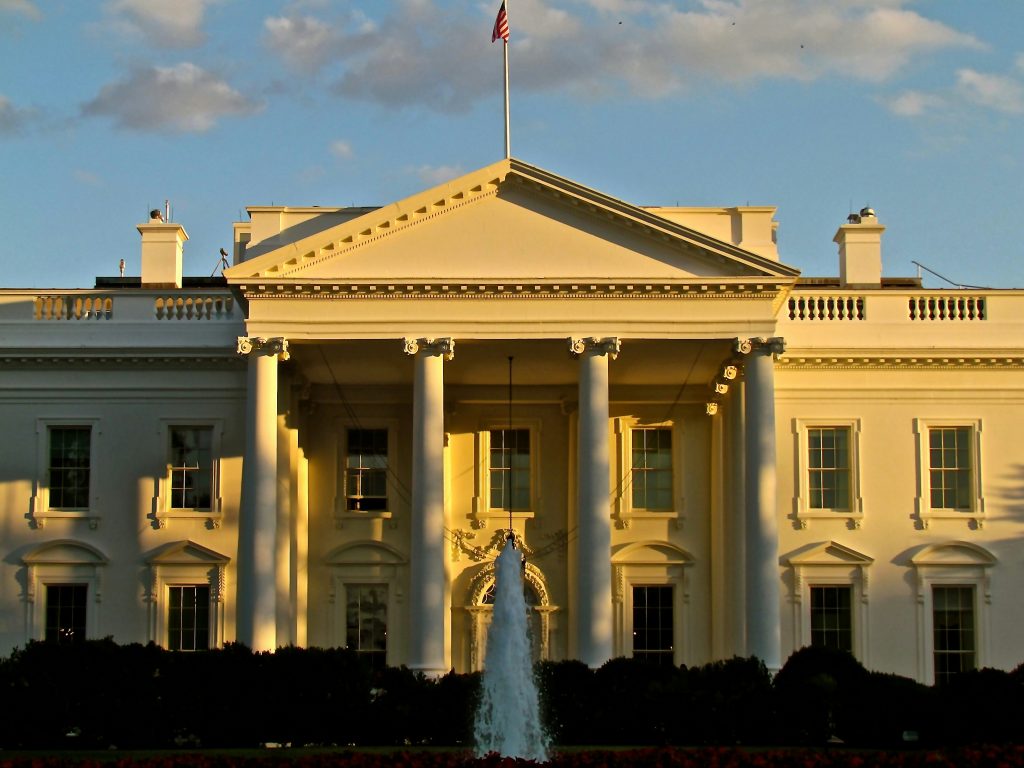Royal Dutch Shell Ruling Unlikely to Rattle U.S. Oil Companies’ Cages
Royal dutch shell ruling unlikely to rattle U.S. oil companies’s cages
By: Brandon Taylor*
In May 2021, a Dutch trial court found that Royal Dutch Shell (“RDS”) had contributed to climate change and their corporate policies failed to adequately curb their carbon emissions.[1] In a groundbreaking ruling, the court ordered RDS to reduce its 2019 carbon emissions by 45% by 2030.[2]
The Dutch Civil Code (DCC) provides that a person who commits a tortious or unlawful act against another person, must repair the damage that this other person has suffered.[3] In determining whether RDS committed a tortious act, the court developed an “unwritten standard of care” and relied on a series of international treaties and accords including the UN Climate Convention, the Paris Agreement, and the European Union Treaty.[4] The court found that RDS breached the standard of care that these treaties required of private entities.[5]
In the U.S., public nuisance claims appear to provide the most likely cause of action for holding companies civilly liable for contributing to climate change, similar to the RDS decision in the Netherlands.[6] U.S. federal law defines public nuisance as “an unreasonable interference with a right common to the general public.”[7] The question now is, does RDS provide a blueprint for U.S. courts to follow to curb the emissions of high carbon emitting private entities?
U.S. businesses facing similar causes of action will be armed with case law not afforded to RDS. In American Electric Power Co. v. Connecticut (“AEP”) the Supreme Court held federal common law public nuisance claims are unavailable to plaintiffs as a means to address greenhouse gas emissions.[8] The plaintiffs in AEP sought injunctive relief under federal common law public nuisance theory against power companies responsible for 10% of carbon emissions in the U.S.[9] The Court held that the Clean Air Act displaces any federal common-law right of private individuals to seek abatement of carbon emissions.[10]
Even so, plaintiffs seeking to curtail emissions for businesses had some reason for optimism. AEP precluded injunctive relief but did not address whether plaintiffs have a common-law right to damages. However, this optimism faded when the Ninth Circuit rejected this notion stating in Kivalina v. Exxon Mobil Corp., “the lack of a federal remedy may be a factor to be considered in determining whether Congress has displaced federal common law,” but applying Supreme Court precedents on displacement, the court held “if a cause of action is displaced, displacement is extended to all remedies.”[11]
It seems improbable that the Supreme Court will reverse its precedent in a manner similar to the Dutch court’s RDS ruling. These setbacks have not disclosed the possibility of state and local public nuisance claims resulting in injunctive relief against carbon emitting businesses.[12] State and local governments may permit plaintiffs to have a cause of action or bring parens patriae lawsuits on behalf of their constituents.[13] Parens patriae suits are public nuisance suits brought by a state or municipality against a business to correct a social harm.[14] U.S. Courts have been hesitant to adopt this approach with climate change litigation as it may usurp the role of the legislature to regulate and provide clear standards for businesses.[15]
For now, private entities may be able to rest easy in their carbon emissions, largely free from the kind of judicial sanctions applied against RDS. Due to the largely passive role U.S. courts have taken in climate change, it seems unlikely the decision in RDS will provide any framework for an overhaul of causes of action against high carbon emitters in the U.S.
*J.D. Candidate, Class of 2023, Arizona State University Sandra Day O’Connor College of Law.
[1] Rechtbank Den Haag, 26 mei 2021, HA ZA 19-379, at 4.4.37 (Neth.).
[2] Id. at 4.4.55.
[3] Art. 6:162 para. 1 BW.
[4] Rechtbank Den Haag at 4.5.4.
[5] Id. at 4.4.55.
[6] Albert C. Lin & Michael Burger, State Public Nuisance Claims and Climate Change Adaptation, 36 Pace Envtl. L. Rev. 49, 56 (2018).
[7] Native Vill. of Kivalina v. ExxonMobil Corp. 696 F.3d 849, 855 (9th Cir. 2012).
[8] Am. Elec. Power Co., Inc. v. Connecticut, 564 U.S. 410, 410 (2011).
[9] Id.
[10] Id. at 412.
[11] Native Vill. of Kivalina 696 F.3d at 857.
[12] Lin & Burger, supra note 6, at 56.
[13] Hon. Luther J. Strange III, A Prescription for Disaster: How Local Governments’ Abuse of Public Nuisance Claims Wrongly Elevates Courts and Litigants into a Policy-Making Role and Subverts the Equitable Administration of Justice, 70 S.C. L. Rev. 517, 533 (2019).
[14] Id.
[15] Id. at 537.
Related Posts

District Court Judge Issues Injunction Requiring Work Continue at CFPB

The Trump Administration’s Proposed Carried Interest Tax Reform
